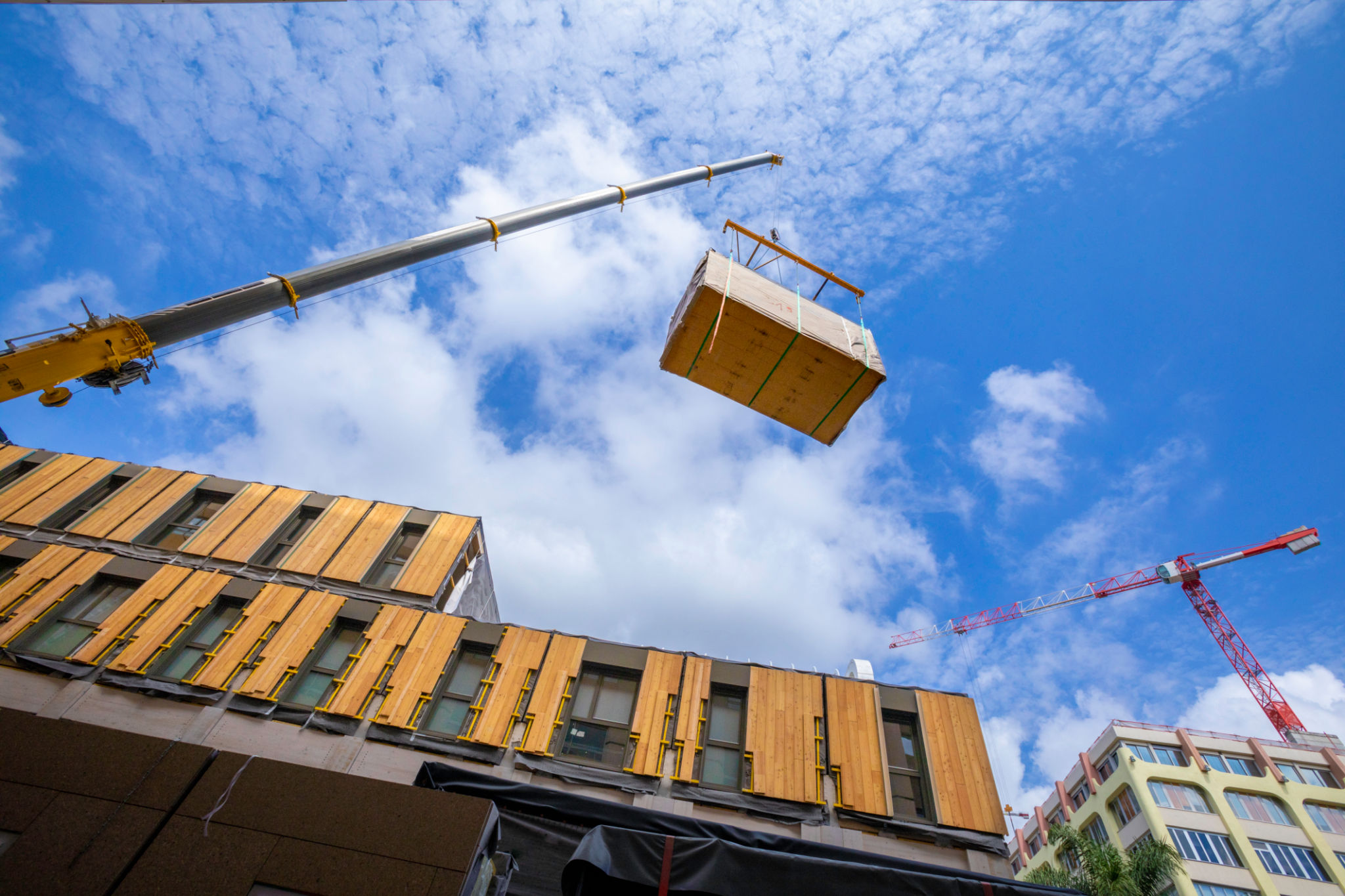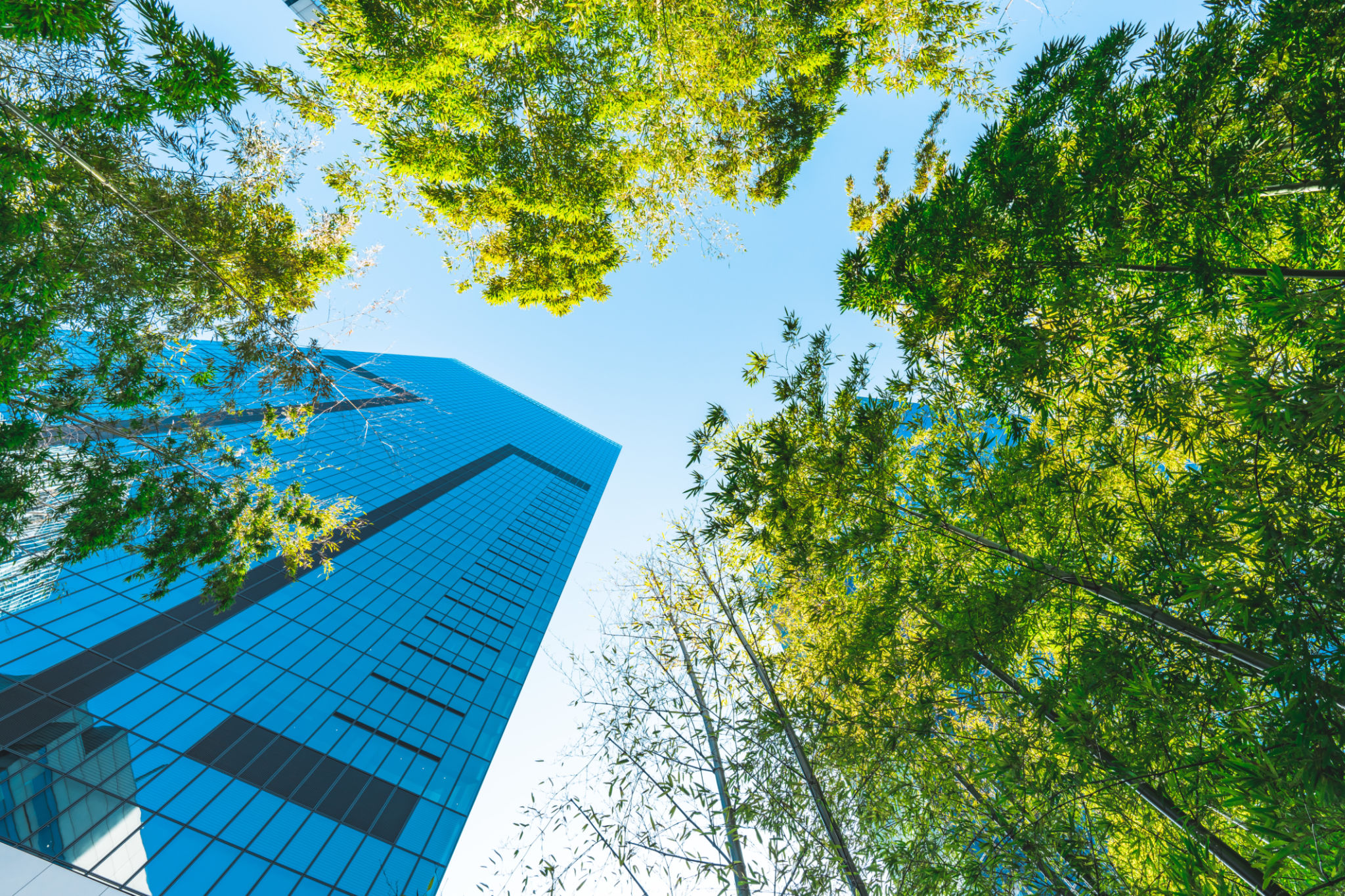Expert Tips for Sustainable Construction Practices in Florida
Understanding the Importance of Sustainable Construction
As Florida continues to grow, the construction industry plays a significant role in shaping its future. Sustainable construction practices are essential in this region to minimize environmental impact and ensure long-term viability. These practices not only help preserve the natural beauty of Florida but also lead to cost savings and improved community health.
Sustainable construction involves using eco-friendly materials, energy-efficient designs, and waste reduction methods. By adopting these practices, builders and developers can meet the increasing demand for environmentally responsible buildings while adhering to regulatory requirements.

Choosing Eco-Friendly Materials
One of the foundational elements of sustainable construction is selecting materials that have a reduced environmental impact. Opt for locally sourced materials to minimize transportation emissions. Using recycled or rapidly renewable materials like bamboo or reclaimed wood can significantly decrease the carbon footprint of a project.
Additionally, consider materials with a low Volatile Organic Compound (VOC) content. These materials help improve indoor air quality, which is essential in Florida's humid climate where ventilation challenges are prevalent.
Insulation and Energy Efficiency
Florida's warm climate makes energy efficiency a priority in sustainable construction. Proper insulation is crucial in maintaining comfortable indoor temperatures and reducing the need for heating and cooling. Use high-performance insulation materials, such as spray foam or cellulose, to enhance energy efficiency.

Implementing Energy-Efficient Designs
Incorporating energy-efficient designs is another critical aspect of sustainable construction in Florida. This includes maximizing natural light through strategic window placement and using energy-efficient lighting solutions like LED fixtures.
Solar panels are increasingly popular in Florida due to the abundant sunshine. Integrating solar technology into building designs can substantially reduce energy costs and reliance on non-renewable resources.
Water Conservation Techniques
Water conservation is particularly important in Florida due to its unique ecosystem and periodic droughts. Implement water-saving technologies such as low-flow faucets, dual-flush toilets, and rainwater harvesting systems to reduce water usage.

Waste Reduction Strategies
Sustainable construction also involves minimizing waste during the building process. Implementing a comprehensive waste management plan can significantly reduce the amount of material sent to landfills. This includes recycling construction debris and reusing materials whenever possible.
Encourage subcontractors and workers to follow sustainable practices by providing training on waste reduction techniques and the benefits of recycling. This helps create a culture of sustainability on-site.
Creating Healthier Living Environments
Sustainable construction practices not only benefit the environment but also improve living conditions for residents. By focusing on indoor air quality, natural ventilation, and non-toxic materials, builders can create healthier spaces that enhance the well-being of occupants.
Incorporating green spaces and biophilic design elements can further promote a connection with nature, which has been shown to improve mental health and overall happiness.

The Role of Technology in Sustainable Construction
Modern technology plays a crucial role in advancing sustainable construction practices in Florida. Building Information Modeling (BIM) allows for precise planning and resource management, reducing waste and errors during construction.
Smart building technologies, such as automated lighting and climate control systems, optimize energy usage and contribute to more sustainable operations over the life of the building.
Conclusion: Building a Sustainable Future
Embracing sustainable construction practices is essential for Florida's future development. By focusing on eco-friendly materials, energy-efficient designs, water conservation, waste reduction, and modern technologies, the construction industry can significantly contribute to a more sustainable and resilient Florida.
As we look ahead, it is crucial for builders, developers, and policymakers to collaborate in promoting and implementing these practices. Together, we can build a brighter, more sustainable future for the Sunshine State.
